Five new staff members at ASH: Josephine van den Bent, Feike Dietz, Kasia Lech, Konstantin Klein and Simon Leese
14 November 2022
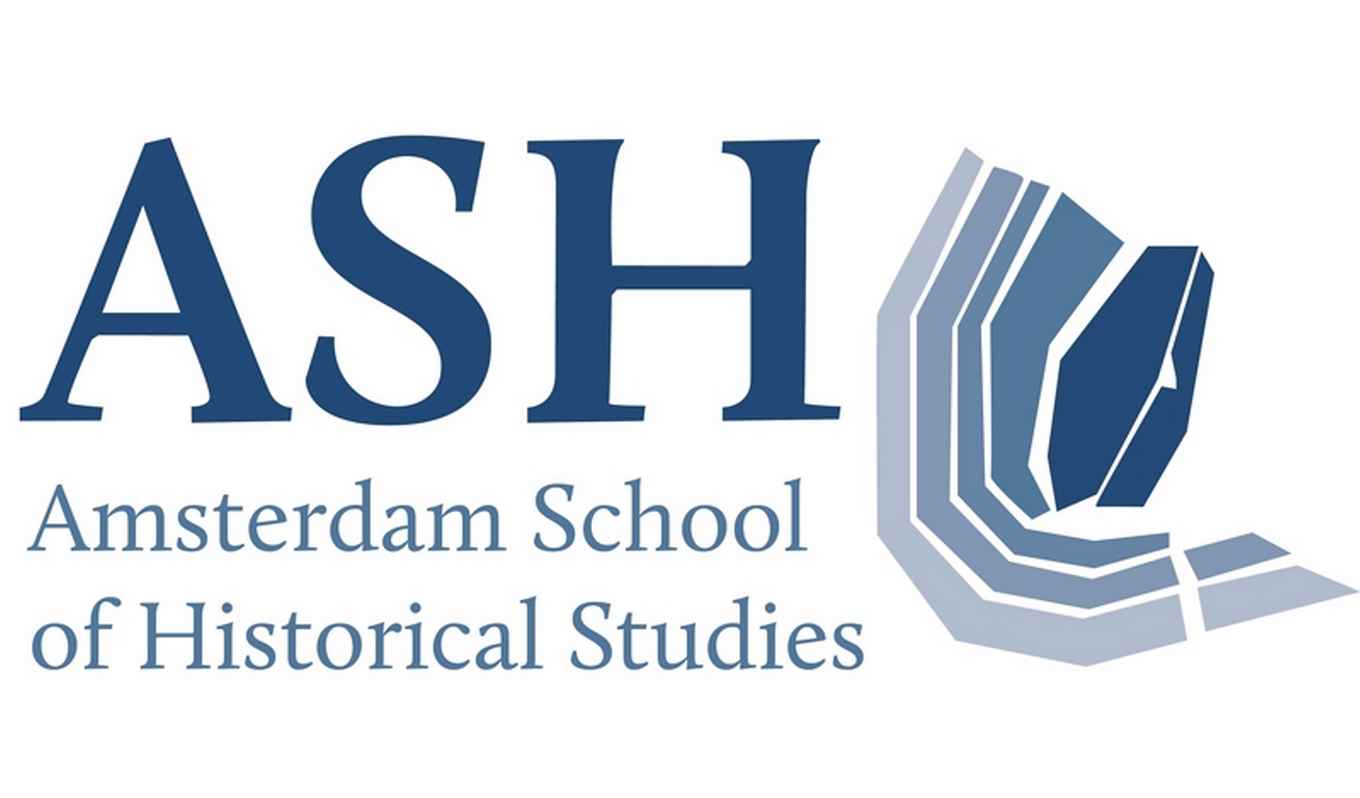
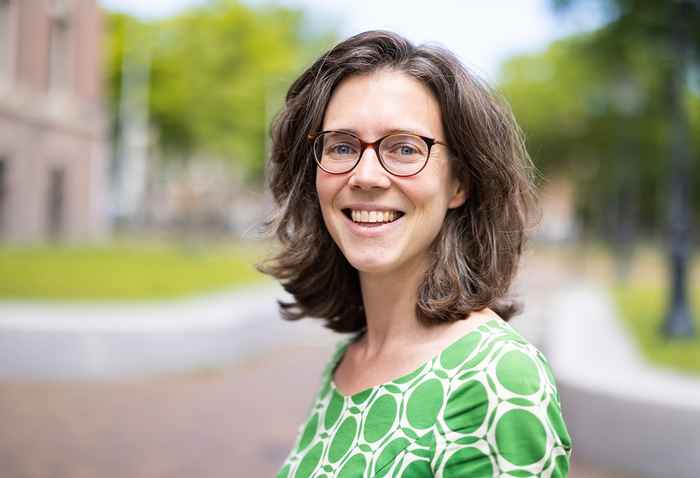
Feike Dietz is professor in ‘Global Dynamics of Dutch Literature’ at the University of Amsterdam. Her research focuses on the relationship between early modern texts, knowledge and reading, with special attention for youth, women and girls. She received her PhD from Utrecht University (2012), co-lead an NWO Open Competition project on 'Language dynamics in the Dutch golden age', and published (inter alia) Lettering Young Readers in the Dutch Enlightenment: Literacy, Agency and Progress in Eighteenth-Century Children’s Books (2021) and, as co-editor (with Sven Dupré), Youthful Minds and Hands: Learning Practical Knowledge in Early Modern Europe (2019).
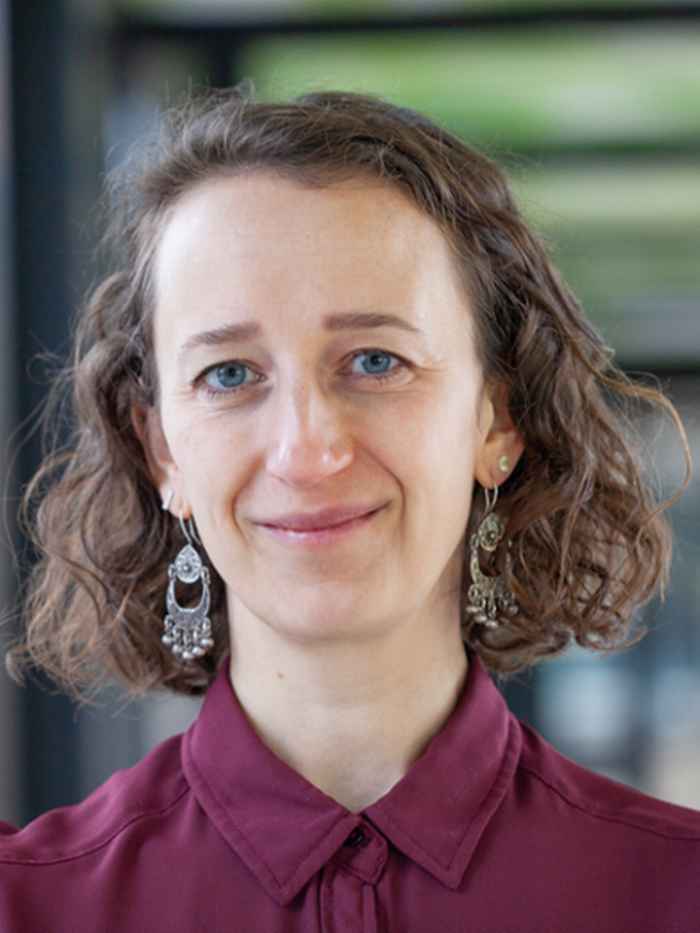
Josephine van den Bent defended her PhD thesis in 2020 at the University of Amsterdam. Her dissertation, Mongols in Mamluk Eyes. Representing Ethnic Others in the Medieval Middle East, analyses the representation of the Mongols in the Mamluk Sultanate of Egypt and Syria, ca. 1250–1350 CE. After that, she first worked as a lecturer at the University of Groningen and then as postdoctoral researcher at the history department of Radboud University Nijmegen, investigating water management in medieval Iraqi cities (ca. 700-1200) as part of the NWO-funded project ‘Source of Life’. She is currently still working on that project, focusing primarily on Baghdad, as well as developing new lines of research into the construction of ethnicity in the premodern Islamic world.
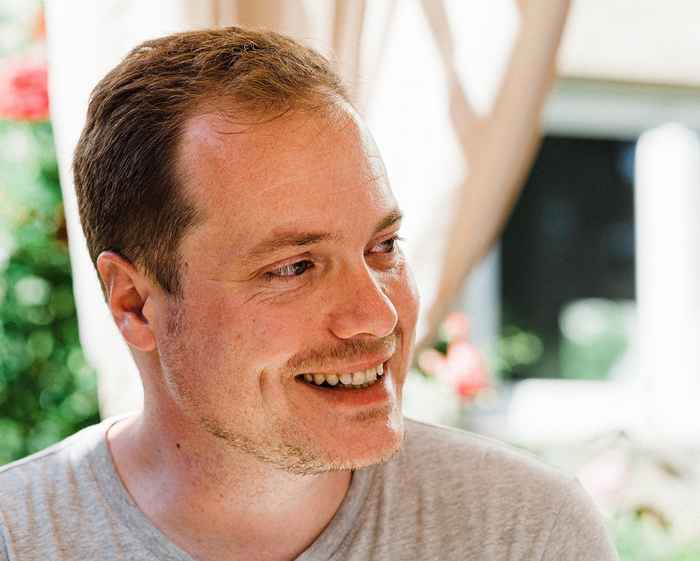
Konstantin Klein studied Ancient and Medieval History as well as Near Eastern Studies and Oriental Languages in Germany, Israel, and the United Kingdom. After a MA in Ancient History (Oxford, 2007) and in Medieval History (Bamberg, 2008), he embarked on a PhD project on the city of Jerusalem in Late Antiquity at the University of Oxford (2016). After a Visiting Research Fellowship at the Faculty of Religion at Harvard and a Junior Research Fellowship at the British School of Archaeology in Jerusalem, he took up a lecturer position at the University of Bamberg in 2011 until he joined UvA in August 2022. His current research focuses on the History of Emotions in Classical Greece, on Environmental History (with a particular focus on plants in Antiquity), and on putting together a new digital corpus of the Aramaic inscriptions from the city of Palmyra in Syria.
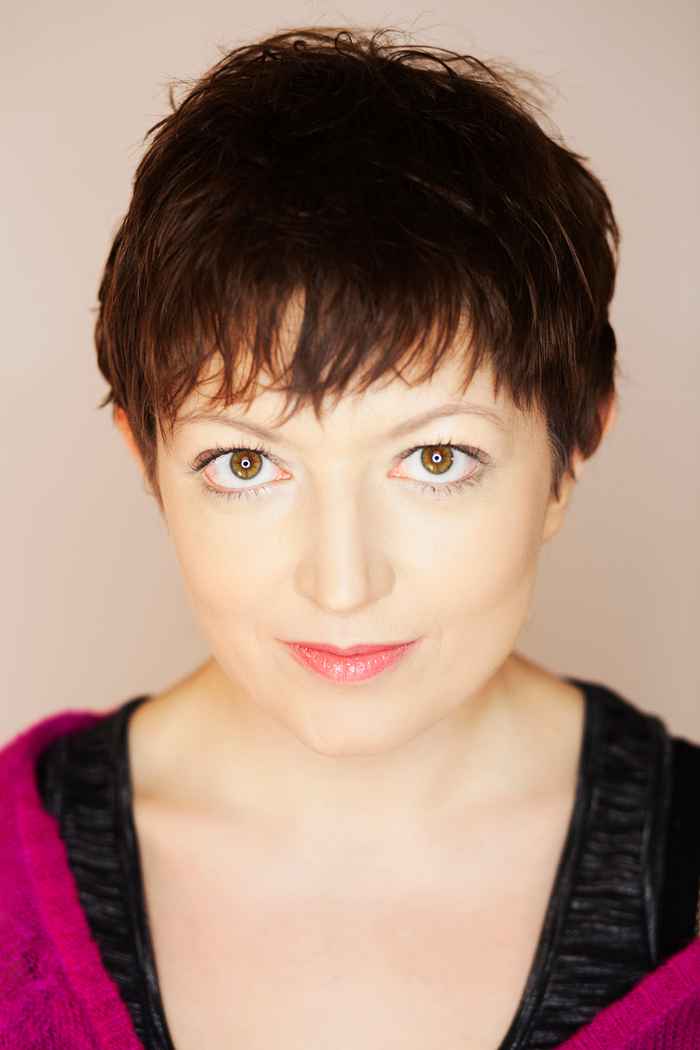
Kasia Lech, with a PhD from University College Dublin, is Associate Professor in Global Theatre History at the University of Amsterdam, and an actor, storyteller, dramaturg, and puppeteer. Her research and creative practice explore theatre through practice-based and traditional scholarship and primarily focus on verse, multilingualism, translation, migration, and cross-cultural encounters. These areas bring to the fore the dialogue between historical and contemporary performance practices in the multivoiced world and theatre within it. Kasia published Dramaturgy of Form: Performing Verse in Contemporary Theatre (Routledge, 2021), which received outstanding reviews for its content, critical quality, and decolonizing scholarship on verse. Her second book Multilingual Dramaturgies: Towards New European Theatre is forthcoming with Palgrave. She is currently researching how verse stages marginalized artists’ responses to socio-political-cultural contexts worldwide. Kasia is also part of funded research projects on mapping Polish migrant theatre worldwide, on historical and present violence in Polish theatre, and on creating multilingual European theatre ensembles performing for young audiences. Kasia co-founded Polish Theatre Ireland (a multilingual theatre company based in Dublin); is an Executive Director at TheTheatreTimes.com, a global theatre portal which seeks to decolonize theatre criticism; she co-convenes the Translation Adaptation Dramaturgy working group at the International Federation for Theatre Research.
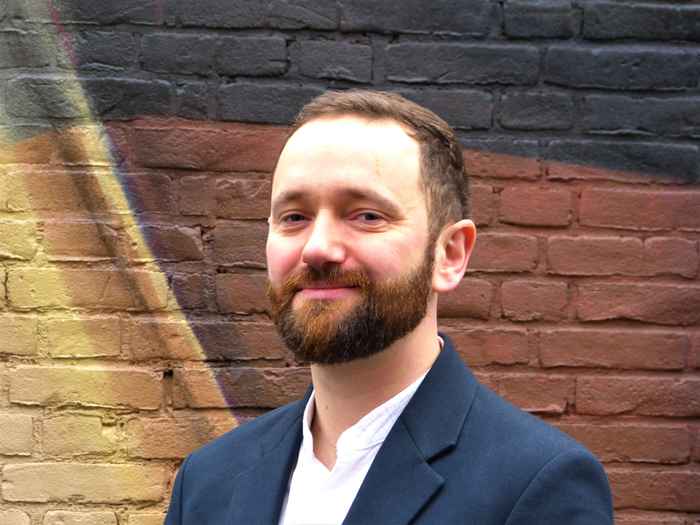
Simon Leese competed his PhD at SOAS, University of London in 2019 with a thesis on Arabic poetry and multilingualism in India in the eighteenth and nineteenth centuries. Before joining the UvA he was a postdoc at Utrecht University and a visiting researcher at Humboldt-Universität zu Berlin. A major focus of his research is how Arabic has fostered cultural links between the Midde East and South Asia. He os now developing a new project looking into how ideas about male-male love, friendship, and masculinity transformed during the nineteenth and early-twentieth centuries in both regions.